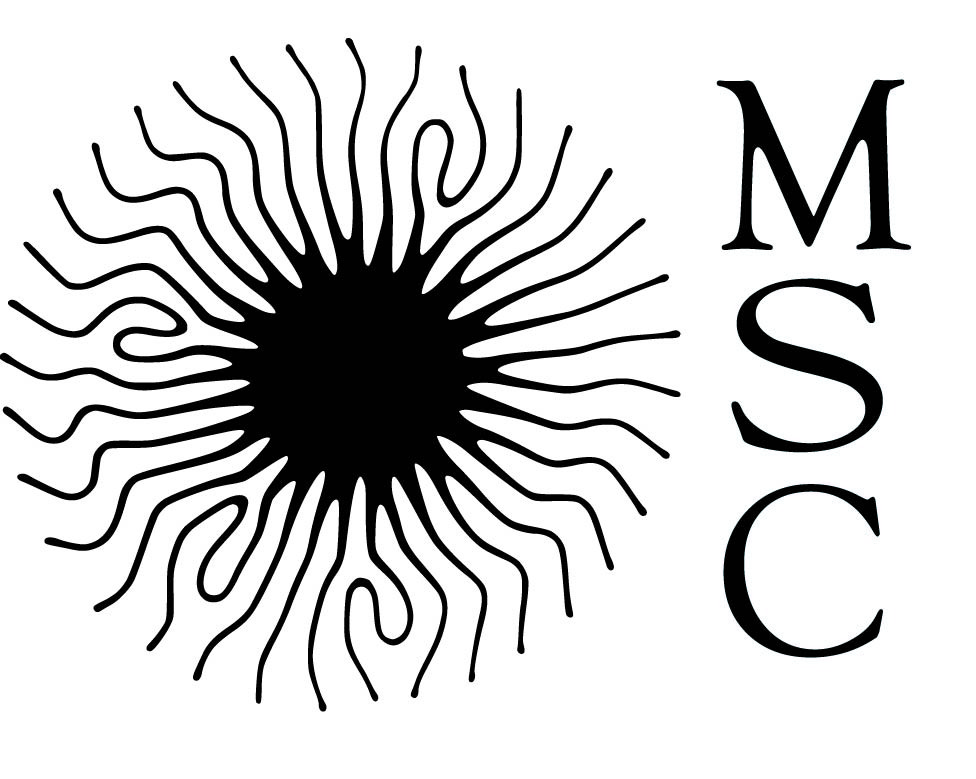A 2-year postdoctoral position starting in November 2023 is available in the ‘Physics of living systems’ team within the ‘Matter and complex systems’ (MSC) laboratory at Université Paris Cité, to study the mechanosensitive properties of the Golgi apparatus.
Background
Mechanotransduction is the process by which a mechanical signal is detected by a cellular mechanosensitive element and transduced into a biological response via biochemical signalling. Recently, the mechanosensitivity of intracellular organelles has raised significant interest [1–3]. The goal of the project is to study mechanotransduction at the Golgi apparatus, the central organelle of intracellular transport. Our hypothesis is that the Golgi apparatus acts as a tension sensor which influences intracellular membrane trafficking. In this project, we will test whether external forces can be transmitted to and sensed by the Golgi apparatus and, by modulating the activity of the small G protein CDC42, impact on the secretory pathway. We expect to confirm our previous results suggesting that the Golgi apparatus is mechanosensitive [4], to further characterize the mechanosensing properties of the Golgi apparatus and post-Golgi trafficking and to identify a central role of CDC42 in intracellular mechanotransductio.
Qualification and offer details
We are looking for a highly motivated scientist with validated experience in cell biology or biophysics and in cellular imaging. Training in cell culture, biochemistry and molecular cell biology, as well as in optics and fluorescence microscopy is necessary. Any experience or background in membrane trafficking, cell signalling, optogenetics, micromanipulation (optical tweezers, AFM, micropipettes), micropatterning, traction force microscopy or migration assays would be ideal. Knowledge in programming and image analysis (Python, Matlab, ImageJ, Labview) will be a plus. Applications from candidates with a strong track-record of publications in peer-reviewed journals, a PhD in either biology or physics and 0-3 years of relevant postdoctoral experience will be considered. A high personal motivation to develop a challenging project is required. The working language is English. The 2-year position is funded by a grant from the French funding agency ANR (MECHANGOLGI project) with potential extension and covers social benefits. The project involves collaborations with the groups of Sandrine Etienne-Manneville (Institut Pasteur, Paris) and Bruno Goud and Stéphanie Miserey (Institut Curie, Paris). The position is to start between November 2023 and the first months of 2024.
How to Apply
Candidates should send a CV including a short summary of previous research and a publication list, a cover letter and at least two reference letters or contact details for two references to Jean-Baptiste.Manneville@u-paris.fr
References
[1] S. Mathieu and J.-B. Manneville, Curr. Opin. Cell Biol. 56, 34 (2019).
[2] S. Phuyal and F. Baschieri, Front. Bioeng. Biotechnol. 8, (2020).
[3] S. Phuyal, P. Romani, S. Dupont, and H. Farhan, Trends Cell Biol. (2023).
[4] D. Guet, K. Mandal, M. Pinot, J. Hoffmann, Y. Abidine, W. Sigaut, S. Bardin, K.
Schauer, B. Goud, and J. B. Manneville, Curr. Biol. 24, 1700 (2014).
À lire aussi

« Physicienne, pourquoi pas moi » : 28 femmes scientifiques à la rencontre des élèves
À l’occasion de la Journée internationale des femmes et des filles de science, le 11 février 2026, CNRS Physique organise un évènement de restitution du projet mené depuis plusieurs mois avec 28 établissements franciliens pour encourager les jeunes filles à s’orienter...

Les cellules de la crête neurale : de minuscules « muscles électriques » à la conquête de l’embryon
Les cellules de la crête neurale migrent à travers l’embryon pour former les os du visage, les pigments de la peau, mais aussi le système nerveux de l’intestin, souvent qualifié de « second cerveau ». Des scientifiques ont découvert que ces cellules souches adoptent...

Dyscontractilité utérine dans l’endométriose
A l'occasion de la conférence annuelle de la Fondation pour la Recherche sur l'Endométriose qui s'est tenue le 14 octobre 2025 à Paris, Dr. Nicolas Chevalier, chargé de recherche CNRS au laboratoire MSC, a présenté les mécanismes fondamentaux de la contractilité...

“Elles explorent sans cesse leur environnement, en quête d’un tuteur”
Le quotidien "Le Monde" a commis dans son édition du 5 décembre 2025 un article dédié aux vrilles des plantes grimpantes et interviewé dans ce cadre un spécialiste du laboratoire MSC, Dr. Drazen Zanchi. Extrait de l'intégralité de l'article à retrouver sur le...
